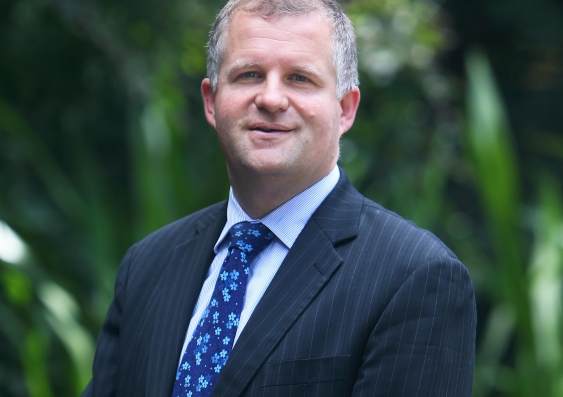Science needed more than ever
The poor PISA results for Australian students in science and maths need to be urgently addressed, writes Deputy Vice-Chancellor Professor Iain Martin.
The poor PISA results for Australian students in science and maths need to be urgently addressed, writes Deputy Vice-Chancellor Professor Iain Martin.

OPINION: Last week's results on how countries compare for reading, maths and science school performance has made for interesting reading.
The fall in the performance of our 15-year-old students in science and mathematics in the Program for International Student Assessment compared with other developed countries should be of profound concern. Society, in Australia and beyond, will depend on scientific solutions to the challenges of new energy, climate change, transport and many other areas. Ensuring that our school leavers have a high level of literacy in science and mathematics is critical in ensuring that we can educate the next generation of engineers and scientists to help address these challenges.
This is compounded by the fact that other countries are facing the same challenges and a "let's recruit from overseas" strategy will inevitably become harder. The importance of scientific and mathematic literacy, however, goes far beyond ensuring that we have a "people pipeline" into science and engineering-based careers.
There is no aspect of modern society that is not touched by science daily and without a strong grasp of scientific principles across an enormous range of professions, society will not be able to harness the full benefits. We should be demanding scientifically literate business leaders, politicians and policy-makers who can engage with the latest advances. The arguments around strengthening science education are one thing, what then of ensuring a more substantial mathematic literacy?
In stressing the importance of mathematics and science in our education programs I do not believe that we should neglect humanities in compulsory and higher education. We have, in Australia and in other countries, allowed our students the opportunity to opt out of science and mathematics at one extreme and the humanities at the other. Perhaps it is opportune to reflect on whether we need to reshape our high school curriculum in a way that does not allow this.
The International Baccalaureate program, taught globally, does just this. The university system could also consider adopting a more granular assessment of high school performance that does not allow students to gain entry to university without a rounded education through to year 12.
These are not minor changes and could only be adopted gradually. But, given the policy challenges we face and the opportunities that come with having a greater level of mathematical and scientific literacy, a serious debate on the need for this change is warranted.
Professor Iain Martin is Vice-President and Deputy Vice-Chancellor (Academic) at UNSW.
This opinion piece was first published in The Sydney Morning Herald.